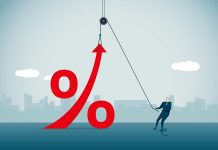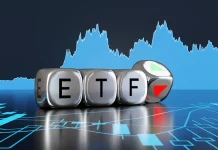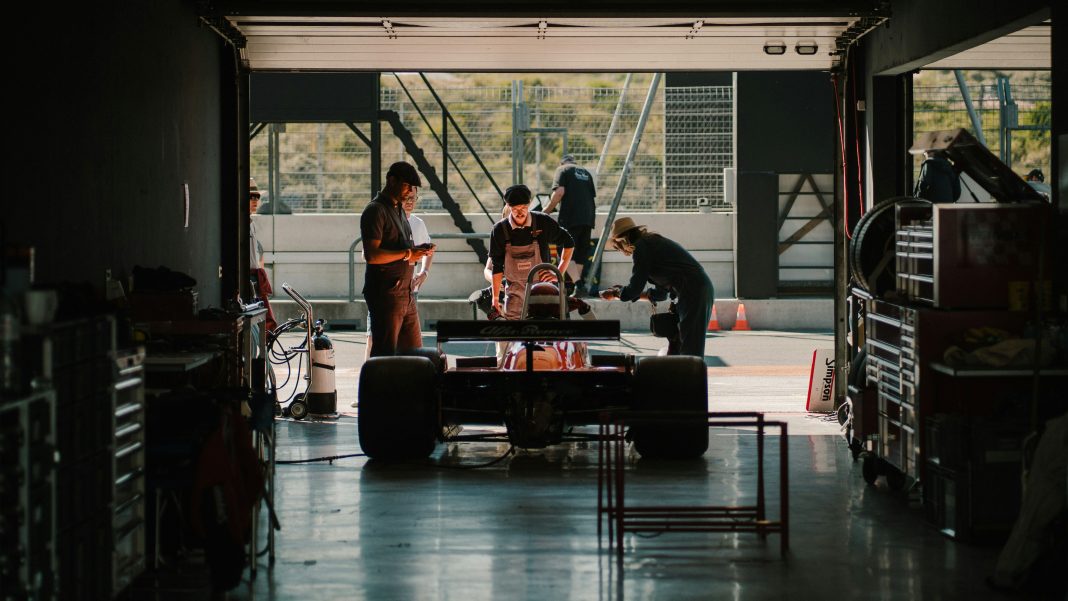A sport reborn as a global asset class
Formula One used to be a world of grease, noise and national pride — a billionaire’s hobby dressed as engineering glory. Today it is something very different: a scalable, data-rich entertainment business with scarcity baked into its DNA. As valuations race past the $5 billion mark for leading teams, investors from Wall Street to Silicon Valley are joining the grid.
What changed is not just the spectacle but the structure. Since Liberty Media bought the championship in 2017, the commercial model has been rebuilt. Revenue sharing between teams is more balanced, cost caps have stabilised expenses, and broadcast rights now stretch from Netflix to TikTok. The sport has turned its competitive drama into a subscription-based, global product. That shift has made F1 teams behave less like workshops and more like franchises — and billionaires have noticed.
Scarcity and storytelling
There are only ten teams in Formula One, each with guaranteed entry rights under the Concorde Agreement. No expansion franchises are expected before 2028, which means each slot is finite — the economic equivalent of Manhattan real estate on wheels.
Add to that the cultural explosion sparked by Drive to Survive and a new, younger audience in the U.S., and the result is a hybrid between sport and streaming — part race, part reality television, all monetisable. The championship’s total viewership now exceeds half a billion annually; social engagement has quadrupled since 2018.
For investors, those numbers translate into predictable cash flow, global brand equity, and strong appreciation potential. Private-equity groups such as Red Bird Capital, tech entrepreneurs like George Kurtz, and industrial magnates from the Gulf states are all positioning themselves early, betting that Formula One’s transformation still has laps to run.
The new billionaire playbook
For the new wave of owners, Formula One is more than sport — it’s strategy. Billionaires view teams as platforms: vehicles for technology partnerships, data analytics, luxury branding and geopolitical visibility.
Jim Ratcliffe’s INEOS uses its Mercedes stake to showcase sustainable fuels and advanced materials. Lawrence Stroll has rebuilt Aston Martin’s global profile through its team’s resurgence. Even Elon Musk’s SpaceX has flirted with F1 sponsorship as part of a marketing ecosystem that blends innovation with mass entertainment.
The appeal lies in cross-pollination. F1 teams sit at the intersection of engineering, sustainability, and digital media — precisely where modern capital wants to be. The sport’s relentless focus on efficiency, simulation, and performance mirrors the culture of technology start-ups. For investors steeped in software or finance, the transfer of ideas and talent can be immediate.
Private equity enters the pit lane
The next phase is institutional. Hedge funds and private-equity firms are building positions, drawn by revenue stability and asset scarcity. Arctos Partners, which owns slices of multiple U.S. sports teams, is already scouting F1. Analysts say future deals may resemble the consortium structures seen in American leagues, with passive investors owning minority stakes under strict governance limits.
Regulators and Liberty Media encourage the trend. Rising valuations boost the series’ prestige and ensure capital for new technology and sustainability mandates. But it also risks turning Formula One into an investment club — a world where financial engineering rivals mechanical innovation.
Some insiders worry about the consequences. “When everyone’s chasing yield, sport can lose its soul,” one long-time team executive admits. “The trick is to welcome capital without letting it drive the car.”
Racing into the future
For now, momentum shows no sign of slowing. New races in Las Vegas, Shanghai and Madrid promise to expand sponsorship and hospitality revenues. The 2026 engine rules — emphasising hybrid efficiency and sustainable fuels — dovetail with corporate ESG narratives, making F1 a showcase for green innovation as much as speed.
To the investors pouring in, that means alignment with global policy trends and consumer sentiment. To fans, it means the sport is flush with capital — and perhaps a little more corporate polish than before.
Toto Wolff’s talks with CrowdStrike’s George Kurtz are not an isolated deal; they’re a signal. Formula One has entered the mainstream of global finance, where billionaire portfolios and venture funds now share the same appetite as race engineers: a fixation on marginal gains.
The grid, once the domain of petrol and patriotism, has become a laboratory for capital. And in modern Formula One, speed is only part of the race — the real competition is for ownership.








































